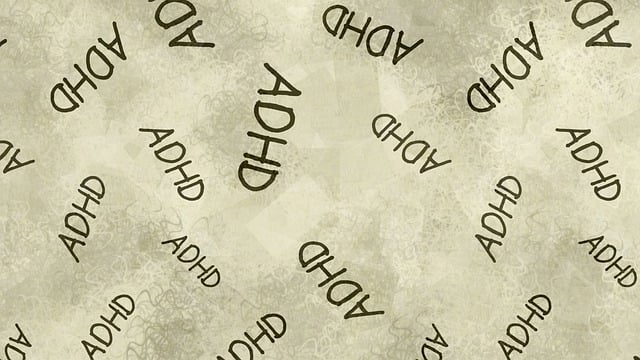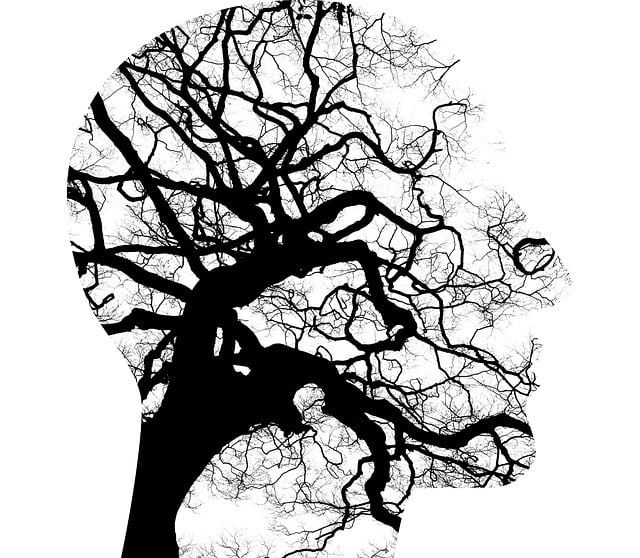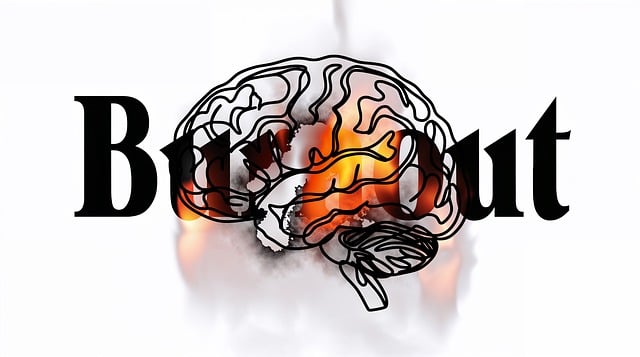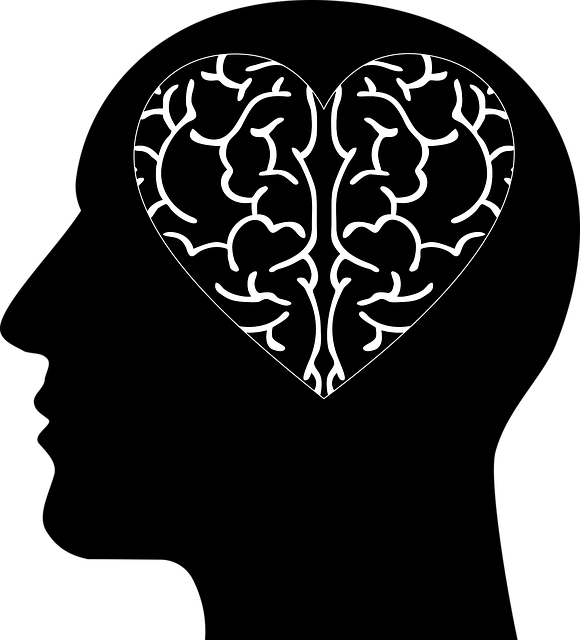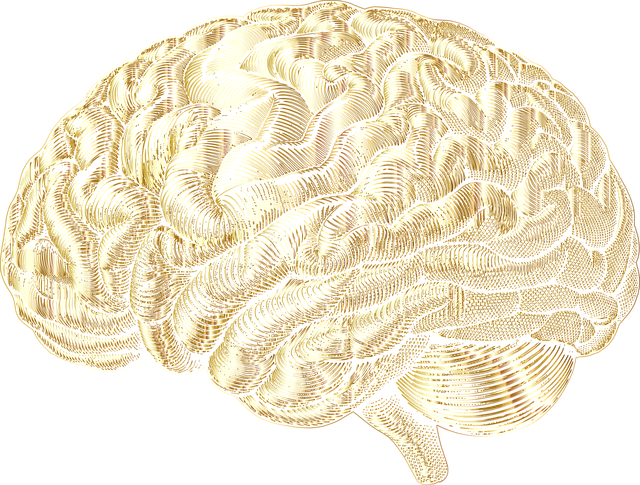Mental health issues like anxiety, depression, PTSD, and domestic violence significantly impact daily life and communities, leading to increased stress and decreased productivity. Comprehensive Mental Health Awareness programs focusing on symptom recognition, trauma support, and recovery-friendly environments are crucial. Golden Domestic Violence Therapy (GDVTT) creates safe spaces for individuals affected by intimate partner violence, teaching coping skills, emotional regulation techniques, and assertive communication. For sustained success, GDVTT requires regular follow-ups, collaboration with local organizations, and Healthcare Provider Cultural Competency Training to offer sensitive support tailored to diverse needs. These strategies promote healing, empowerment, and prevention of further violence.
Mental health education is a powerful tool for empowering individuals and communities. This article delves into the intricate process of program design, focusing on mental health issues and their profound impact on society. We explore key components for effective education, highlighting the unique benefits of Golden Domestic Violence Therapy (GDVT). GDVT offers a transformative approach to address domestic violence, fostering long-term success in community settings by promoting resilience and healing. By understanding these strategies, we can create inclusive environments that support mental well-being on a global scale.
- Understanding Mental Health Issues and Their Impact on Individuals and Communities
- Key Components of an Effective Mental Health Education Program
- Implementing Golden Domestic Violence Therapy: Strategies for Long-Term Success in Community Settings
Understanding Mental Health Issues and Their Impact on Individuals and Communities

Understanding mental health issues is a pivotal first step in designing effective educational programs. Mental health disorders, including anxiety, depression, and more severe conditions like post-traumatic stress disorder (PTSD) or those stemming from domestic violence, significantly impact individuals’ daily lives and overall well-being. These issues can disrupt one’s ability to function, interact socially, and maintain a sense of normalcy, often leading to increased stress and decreased productivity in various aspects of life.
Communities are also affected by the rise in mental health challenges. Rising rates of PTSD, for instance, driven by experiences such as Golden Domestic Violence Therapy, can lead to heightened tension and strain within families and social groups. This underlines the need for comprehensive Mental Health Awareness programs that educate both individuals and communities about recognizing symptoms, providing Trauma Support Services, and fostering an environment conducive to recovery. Enhancing Healthcare Provider Cultural Competency Training is also vital to ensure professionals are equipped to offer sensitive, effective support tailored to diverse populations’ unique needs.
Key Components of an Effective Mental Health Education Program

An effective mental health education program should be holistic and multifaceted, addressing various aspects of well-being. Firstly, it must create a safe and supportive environment where participants feel comfortable discussing sensitive topics. This includes ensuring confidentiality and fostering an atmosphere of non-judgment. Golden Domestic Violence Therapy, for instance, prioritizes creating safe spaces to empower individuals facing intimate partner violence.
The program should then focus on the development of coping skills and emotional regulation techniques tailored to the specific needs of the audience. Teaching participants how to manage stress, recognize triggers, and respond adaptively is paramount. Additionally, integrating communication strategies that promote assertive expression while maintaining respect can significantly enhance interpersonal relationships. These components collectively contribute to building resilience and nurturing mental health.
Implementing Golden Domestic Violence Therapy: Strategies for Long-Term Success in Community Settings

Implementing Golden Domestic Violence Therapy (GDVTT) in community settings requires a multi-faceted approach to ensure long-term success. This evidence-based program focuses on helping individuals and families affected by domestic violence by addressing not only immediate safety needs but also fostering emotional regulation and strengthening coping mechanisms. Key strategies for sustained impact include regular follow-up sessions, integrating GDVTT into existing community resources, and collaborating with local organizations such as law enforcement, social services, and healthcare providers.
To maximize the effectiveness of GDVTT, integrating stress management workshops within the program can empower participants with valuable tools for coping with trauma and adversity. Additionally, providing Healthcare Provider Cultural Competency Training ensures that front-line professionals are equipped to offer sensitive and effective support, recognizing cultural nuances and barriers to care. By combining these strategies, communities can create a supportive ecosystem that promotes healing, empowers survivors, and prevents further violence.
Mental health education programs, enriched by strategies like Golden Domestic Violence Therapy, can significantly mitigate the impact of mental health issues on individuals and communities. By understanding these issues and incorporating effective program design elements, we can foster healthier environments. The success of such initiatives lies in their ability to educate, empower, and provide long-term support, ultimately revolutionizing how we address mental wellness at both individual and community levels.


